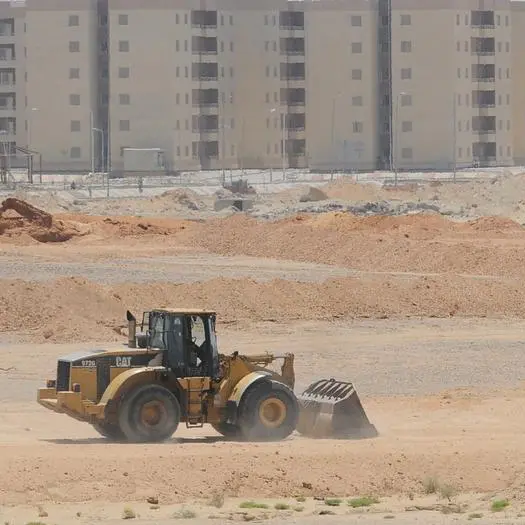Growing optimism and an all-time high level of trust emerged the hallmarks in the second quarter of the Saudi banking sector, which attained the capability to deal with the Covid-19-induced crisis, says a report.
Despite increased delinquencies and influx of credit losses, banks in Saudi Arabia continue to demonstrate hyper-vigilance across the aspects of risk management and asset protection, says KPMG, the leading provider of audit, tax and advisory services in Saudi Arabia, which published the second edition of its “Banking Pulse”, a quarterly report series, highlighting the latest developments in the kingdom’s banking sector following the disclosure of second-quarter 2020 financials by listed banks.
The domestic banking sector during the last six months reflected proactive approaches to deal with the liquidity, credit and market risk challenges, as well as close engagement with all stakeholders, especially the Saudi Arabian Monetary Authority (Sama).
At the end of March 2020, there were apprehensions that the deteriorated results were only the “tip of the iceberg” in terms of emerging losses, and only detailed studies will unfold actual credit losses. However, the proactive role played by governments, central banks and regulators played a vital role in the handling of distressed segments and providing additional liquidity and rapid roll-out of the forbearance measures.
The Saudi banking sector reported an average increase of 41.4% in expected credit losses (ECL) for the three-month period ended June 30, 2020, to SR8.6 billion ($2.29 billion). Nevertheless, Sama provided additional liquidity support of SR73 billion to the banks during Q2 2020, along with improving marked-to-market values of domestic sovereign bonds and global capital markets that significantly circumvented further exacerbation of operating results.
“It has not been all ‘doom-and-gloom’, and as a silver lining, we have seen success stories of the proactive role played by governments, central banks and regulators. Sama’s liquidity support enabled the banking sector to continue posting period-on-period improvement in its cumulative deposit and asset base even since Q1 2020,” said Khalil Ibrahim Al Sedais, Office Managing Partner – Riyadh, KPMG in Saudi Arabia.
Healthy credit underwriting until June 2020 enabled total assets to rise 7.7% to SR2,633 billion ($702 billion), while total customer deposit edged up 3.0% to reach SR1,863 billion ($497 billion).
Despite the hike in ECLs, a substantial amount of income in the form of a SR1.56 billion government grant resulting from Sama support measures restricted the decline in net profitability to 7.4% year-on-year to SR20.64 billion in Q2 2020.
“In the future, it is becoming evident that sustainability and success of the sector will depend on taking decisive actions vis-à-vis optimisation of the non-interest cost base, enhancement of digital capabilities, capital protection and investment in imperative technologies such as advanced data analytics and cybersecurity,” commented Ovais Shahab, Head of Financial Services, at KPMG in Saudi Arabia.
“Overall, trust in banks is at an all-time high, and stakeholders are viewing them in a positive light. The key now is to retain the collective gains from the various aforementioned factors and build on them for a brighter, more prosperous tomorrow,” he concluded. -- Tradearabia News Service
Copyright 2020 Al Hilal Publishing and Marketing Group Provided by SyndiGate Media Inc. (Syndigate.info).
Disclaimer: The content of this article is syndicated or provided to this website from an external third party provider. We are not responsible for, and do not control, such external websites, entities, applications or media publishers. The body of the text is provided on an “as is” and “as available” basis and has not been edited in any way. Neither we nor our affiliates guarantee the accuracy of or endorse the views or opinions expressed in this article. Read our full disclaimer policy here.




















